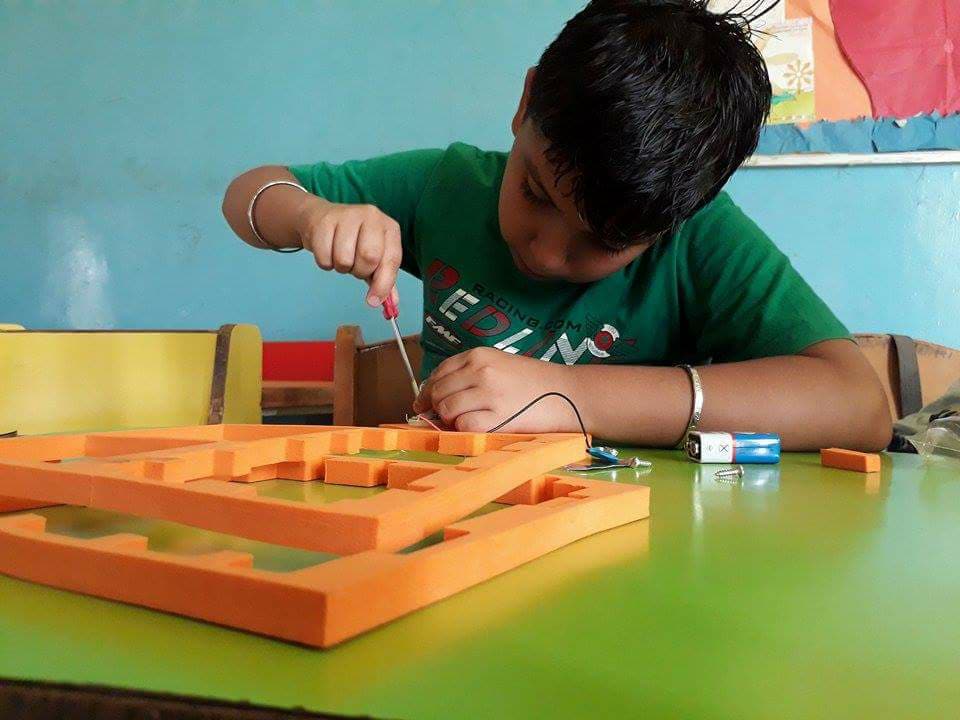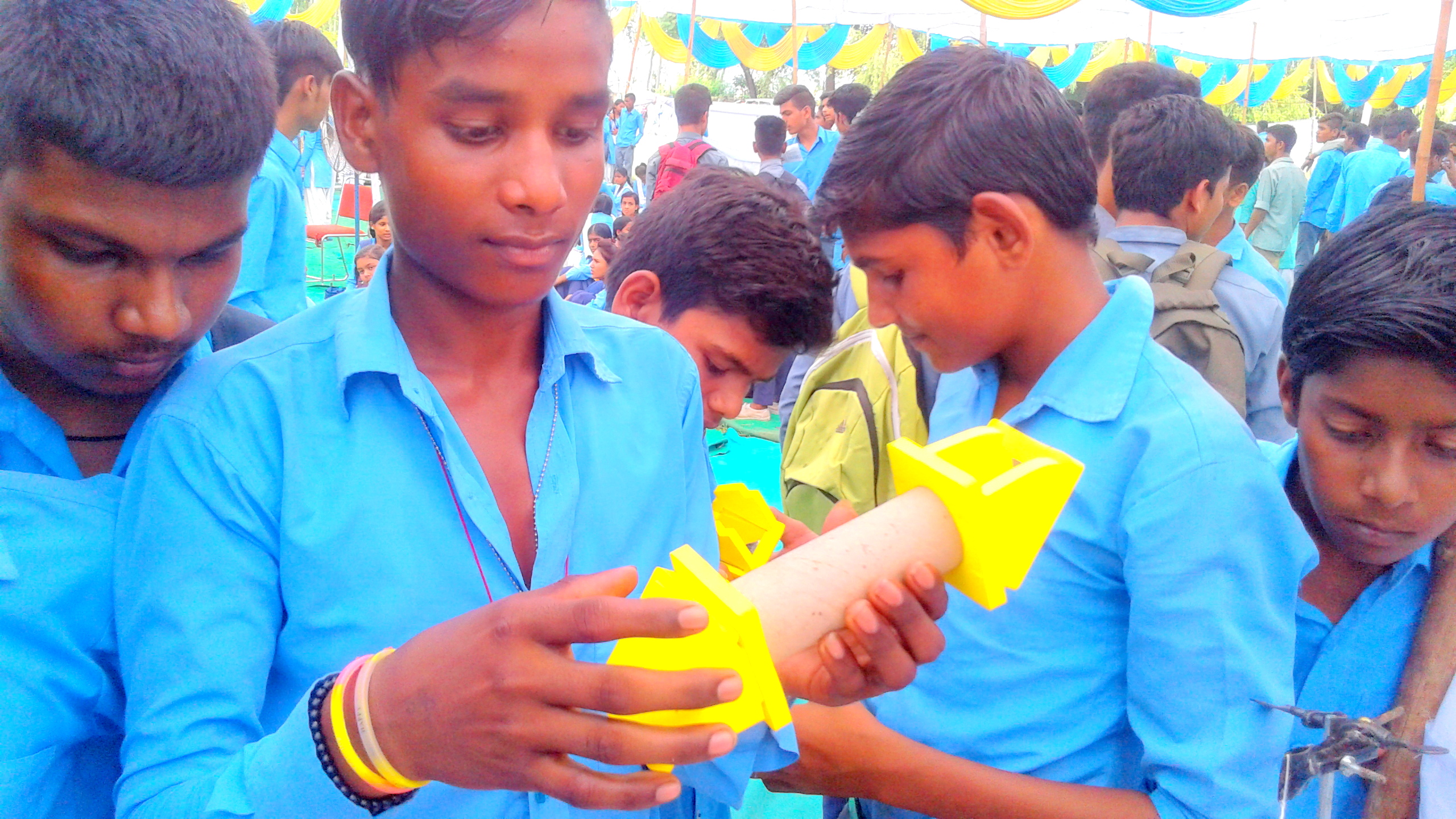Description
Livelihood Skills for autistic children
Life livelihood skills are crucial for autistic children for
several reasons
Summary
In summary, life livelihood skills are essential for autistic children
as they promote independence, enhance quality of life, facilitate
social inclusion, prepare for adulthood, and reduce caregiver burden.
By investing in the development of these skills, we can empower
autistic children to lead more fulfilling, productive, and autonomous
lives, enabling them to reach their full potential and thrive in
society.



